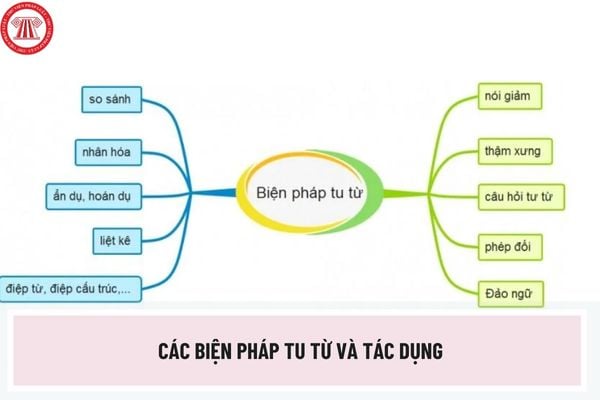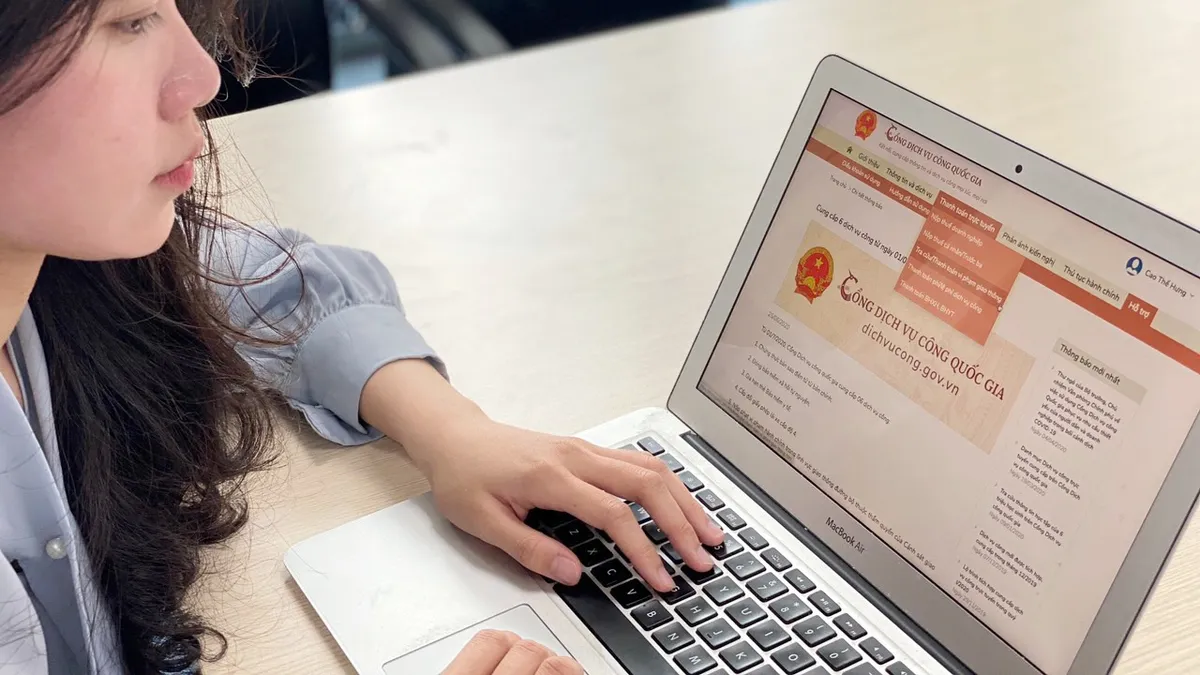Read the following passage and mark the letter A, B, C, or D on your answer sheet lớn indicate the correct answer lớn each of the questions.
Millions of people are using cell phones today. In many places, it is actually considered unusual not lớn use one. In many countries, cell phones are very popular with young people. They find that the phones are more kêu ca a means of communication - having a mobile phone shows that they are cool and connected.
The explosion in mobile phone use around the world has made some health professionals worried. Some doctors are concerned that in the future many people may suffer health problems from the use of mobile phones. In England, there has been a serious debate about this issue. Mobile phone companies are worried about the negative publicity of such ideas. They say that there is no proof that mobile phones are bad for your health.
On the other hand, medical studies have shown changes in the brain cells of some people who use mobile phones. Signs of change in the tissues of the brain and head can be detected with modern scanning equipment. In one case, a travelling salesman had lớn retire at young age because of serious memory loss. He couldn't remember even simple tasks. He would often forget the name of his own son. This man used lớn talk on his mobile phone for about six hours a day, every day of his working week, for a couple of years. His family doctor blamed his mobile phone use, but his employer's doctor didn't agree.
What is it that makes mobile phones potentially harmful? The answer is radiation. High- tech machines can detect very small amounts of radiation from mobile phones. Mobile phone companies agree that there is some radiation, but they say the amount is too small lớn worry about.
As the discussion about their safety continues, it appears that it's best lớn use mobile phones less often. Use your regular phone if you want lớn talk for a long time. Use your mobile phone only when you really need it. Mobile phones can be very useful and convenient, especially in emergencies. In the future, mobile phones may have a warning label that says they are bad for your health. So for now, it's wise not lớn use your mobile phone too often.
Bạn đang xem: million of peoples are using cell phone today
According lớn the passage, cell phones are especially popular with young people because
A. they keep the users alert all the time.
B. they are indispensable in everyday communications.
C. they make them look more stylish.
D. they cannot be replaced by regular phones.
Đáp án C
Đáp án C
Theo như đoạn văn, Smartphone địa hình đặc biệt quan trọng thịnh hành với người trẻ tuổi vày vì:
A. Chúng khiến cho người tiêu dùng cảnh giác từng lúc
B. Chúng luôn luôn phải có nhập tiếp xúc hằng ngày
C. Chúng thực hiện bọn họ coi ăn chơi sành điệu hơn
D. Chúng ko thể thay cho thế vày Smartphone thông thường
Dẫn triệu chứng câu cuối đoại 1 “They find that the phones are more kêu ca a means of communication - having a mobile phone shows that they are cool and connected.” – ( Họ thấy rằng Smartphone với rộng lớn 1 ý tức thị kí thác tiếp-có 1 chiếc Smartphone đã cho thấy rằng bọn họ ngầu và có tương đối nhiều quan hệ )
The word "means" in the passage most closely means
A. transmission
B. method
C. meanings
D. expression
Đáp án B
Đáp án B. means=method: cách thức, phương tiện
Các đáp án còn lại:
A.Transmission: sự truyền đạt, cỗ truyền
C.Meanings : ý nghĩa
D.Expression: sự bộc lộ
Doctors have tentatively concluded that cell phones may
A. change their users' temperament
B. damage their users' emotions
C. change their users' social behaviours
D. cause some mental malfunction
Đáp án D
Đáp án D
Bác sĩ trong thời điểm tạm thời tóm lại rằng Smartphone địa hình với lẽ:
A. Thay thay đổi tính cơ hội người dùng
B. Làm tổn sợ hãi cho tới xúc cảm người dùng
C. Thay thay đổi hành động đối xử của những người dùng
D. Hình ảnh hưởng trọn về công dụng thần kinh
Dẫn triệu chứng cuối đoạn 2: “He couldn't remember even simple tasks. He would often forget the name of his own son. This man used lớn talk on his mobile phone for about six hours a day, every day of his working week, for a couple of years. His family doctor blamed his mobile phone use, but his employer's doctor didn't agree.”-( Anh tao thậm chí còn ko lưu giữ nổi những trách nhiệm giản dị., thông thường xuyên quên thương hiệu của nam nhi bản thân. Người con trai này thì thầm qua chuyện Smartphone khoảng chừng 6 giờ thường ngày trong mỗi ngày thao tác làm việc nhập tuần trong vòng vài ba năm. Bác sĩ mái ấm gia đình nhận định rằng cơ là vì thuộc tính của việc dùng địa hình tuy nhiên chưng sĩ công ti lại ko đồng tình)
"Negative publicity" in the passage most likely means
A. the negative public use of cell phones.
B. poor ideas about the effects of cell phones.
Xem thêm: tính từ trong tiếng anh là gì
C. information on the lethal effects of cell phones,
D. widespread opinion about bad effects of cell phones.
Đáp án D
Đáp án: D
"Negative publicity" trong khúc văn tức thị gì?
A. Công khai xấu đi của việc dùng di động
B. Ý con kiến xấu xa về những tác động của di động
C. tin tức về việc tác động bị tiêu diệt người của di động
D. Ý con kiến lan rộng ra về những tác động xấu xa của di động
Dẫn triệu chứng đoạn 2 “In England, there has been a serious debate about this issue. Mobile phone companies are worried about the negative publicity of such ideas.”-(Ở Anh, với những bàn bạc nóng bức về yếu tố này. Các công ti Smartphone địa hình đang được lo ngại về “Negative publicity”- Tức là việc thực hiện mang đến công bọn chúng nghe biết những mặt mũi xấu đi hoặc tác động xấu xa của điều gì cơ.)
The changes possibly caused by the cell phones are mainly concerned with
A. the mobility of the mind and the body toàn thân.
B. the arteries of the brain.
C. the smallest units of the brain.
D. the resident memory.
Đáp án C
Đáp án C
Việc thay đổi rất có thể bị tạo ra tự Smartphone địa hình hầu hết tương quan tới:
A. Tính hoạt bát của trí não và thể chất
B. Các động mạch máu của não
C. Những tế bào nhỏ nhập não
D. Sở lưu giữ trú ngụ
Dẫn triệu chứng câu đầu đoạn 3 “On the other hand, medical studies have shown changes in the brain cells of some people who use mobile phones”.-( Mặt không giống, những nghiên cứu và phân tích nó khoa cho là với những thay cho thay đổi bên trên những tế bào óc của một vài ba người tiêu dùng di động)
The man mentioned in the passage, who used his cell phone too often,
A. suffered serious loss of mental ability.
B. abandoned his family.
C. could no longer think lucidly.
D. had a problem with memory.
Đáp án D
Đáp án D
Người con trai được nhắc trong khúc văn , người nhưng mà dùng địa hình đặc biệt thông thường xuyên:
A. Chịu đựng tổn hại nguy hiểm về mặt mũi tinh ma thần
B. Từ vứt gia đình
C. Không còn kỹ năng tâm trí minh bạch
D. Có yếu tố về trí nhớ
Dẫn triệu chứng cuối đoạn 2: “He couldn't remember even simple tasks. He would often forget the name of his own son. This man used lớn talk on his mobile phone for about six hours a day, every day of his working week, for a couple of years’-( Anh tao thậm chí còn ko lưu giữ nổi những trách nhiệm giản dị., thông thường xuyên quên thương hiệu của nam nhi bản thân. Người con trai này thì thầm qua chuyện Smartphone khoảng chừng 6 giờ thường ngày trong mỗi ngày thao tác làm việc nhập tuần và trong vòng vài ba năm)
The most suitable title for the passage could be
A. The Reasons Why Mobile Phones Are Popular.
B. Technological Innovations and Their Price.
C. The Way Mobile Phones Work.
Xem thêm: đại học hàng hải điểm chuẩn
D. Mobile Phones: A Must of Our Time.
Đáp án B
Đáp án B
Đâu là title thích hợp nhất mang đến đoạn văn:
A. Lí tự năng lượng điện thại địa hình phổ biến
B. Đổi mới mẻ technology và dòng sản phẩm giá chỉ của nó
C. Cách nhưng mà Smartphone di đông đúc sinh hoạt
D. Điện thoại di động: Công cụ cần với nhập cuộc sống bọn chúng ta
Giải quí : Bài gọi nhắc đến 2 mặt mũi của một yếu tố. Tác fake thể hiện sự tiện lợi hữu ích của Smartphone địa hình tuy nhiên đôi khi cũng nêu lên những tác sợ hãi, hệ quả của chính nó tạo ra mang đến con cái người











Bình luận